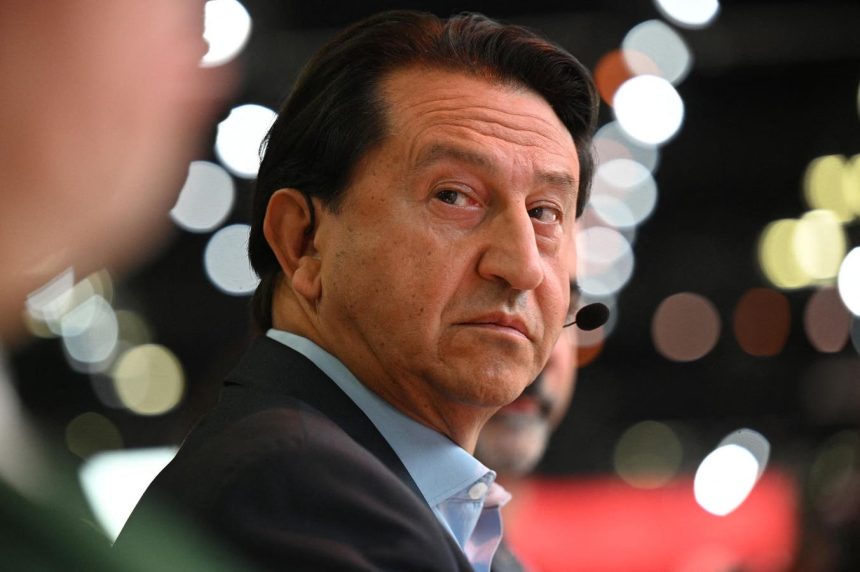Donald Trump’s anticipated return to the presidency is likely to significantly reshape U.S. auto policy. This shift could result in reduced federal support for electric vehicles (EVs), the rollback of stringent fuel economy standards put forth by President Joe Biden, and potential tariffs that may inflate the cost of certain auto parts. In light of these possible transformations, Jose Muñoz, who will assume his role as Hyundai Motor’s global CEO in January 2025, expressed confidence in the company’s capacity to adapt. Muñoz emphasized that Hyundai’s decision to invest in American manufacturing was made during Trump’s previous administration, and he suggests that firms should not overly rely on the policy fluctuations of a single government when formulating global business strategies.
Hyundai Motor is poised to open a significant $5.5 billion auto and battery plant in Savannah, Georgia, next year, an investment aimed at doubling its U.S. production capabilities. Muñoz remains optimistic about the future of EV technology, reinforcing that the long-term view still prioritizes EVs as a pivotal aspect of automotive development. In the event that Trump abolishes the $7,500 federal rebate for EVs established by the Inflation Reduction Act (IRA), which is expected to benefit models produced in Georgia, Muñoz asserted the company’s readiness to adjust its strategy accordingly.
Recognizing the evolving landscape of automotive technology, Muñoz highlighted that the Georgia plant will manufacture a range of vehicles, including hybrids and plug-in hybrids, in addition to electric vehicles. This diverse production strategy provides a buffer against regulatory changes that could constrain EV sales, suggesting a potential increase in hybrid sales if federal incentives for EVs were to disappear. Muñoz, who has a background in nuclear engineering and currently serves as Hyundai’s global COO, recently unveiled the new Hyundai Ioniq 9, an electric SUV set to launch in early 2025 with an anticipated price tag exceeding $60,000, slated for production at the Savannah facility.
As with many automakers, Hyundai has invested heavily in new facilities and battery production lines in the U.S., aiming to enhance EV output to comply with tightening federal fuel economy standards and state demands for zero-emission vehicles, particularly from California, which is planning to eliminate new gasoline car sales by 2035. The transition to electric vehicles in the industry isn’t solely driven by regulations but also by the necessity to compete with formidable players like China’s BYD, which has emerged as a leading manufacturer of battery electric vehicles.
Hyundai has significantly escalated its EV sales in the U.S. recently, positioning itself as the second-largest electric vehicle seller after Tesla in 2024; however, the gap in sales figures remains substantial, with Tesla registering nearly five times as many units sold. Should Trump proceed with his agenda to impose higher tariffs on all imports, including auto parts, Muñoz displays an optimistic outlook regarding Hyundai’s efforts to localize production. The company has invested in U.S.-based parts suppliers such as Mobis and is collaborating with South Korea’s LG Chem and SK on battery initiatives, which he believes will mitigate the impact of potential tariffs.
The rationale behind Hyundai’s sustained investment in U.S. operations is grounded in its recognition of the country as a vital market for global revenue. Muñoz firmly stated that the U.S. has consistently been crucial to Hyundai’s strategy over the past six years, and this focus will remain unwavering in the foreseeable future. By localizing production and forming strategic partnerships, Hyundai aims to navigate the changing political and economic landscape while continuing to cater to market demands for electric and hybrid vehicles. As the automotive industry braces for what lies ahead, Muñoz’s perspective demonstrates a proactive approach, emphasizing resilience in the face of potential policy shifts and a commitment to innovation.



